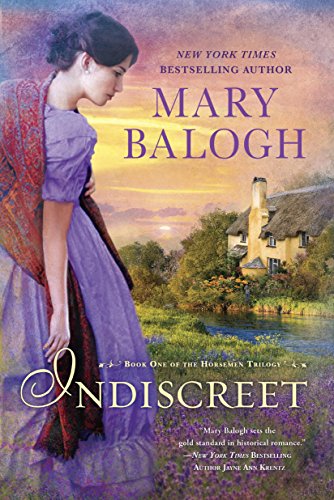I borrowed this from my friend because I was interested in finding out more about the Borgias. The television show aside, any one who has studied or taken an interest in history or early modern Europe would not have been able to avoid the mention of the house of Borgia, more specifically Lucrezia Borgia, who has gone down in the annals of time as a femme fatale. Otherwise, you may have heard of Cesare Borgia, widely speculated to have been the inspiration for the figure of Jesus in paintings (a highly ironic premise, to say the least, considering his real personality and misdeeds). Nevertheless, the Borgias have been renowned for some reason or other through the centuries and I was curious to find out why.
The book begins with a long and rather tedious introduction into the Catholic church. It wasn’t immediately apparent to me why they had to go into cardinals and Popes and the convocation of electing a new Pope when one died. I have to say, I almost gave up at that point. But I persevered and finally saw my first Borgia mentioned a few chapters in. Roderigo Borgia was an up and coming cardinal, handsome and knew where to make his alliances. The book continued plodding on about the politics within the Catholic church, none of which was particularly memorable to me. I also got very very confused with all the Italian names mentioned. Finally, finally, when Roderigo Borgia was elected Pope, that’s when the real action starts.
Unlike previous Popes, who would masquerade their illegitimate children (vow of celibacy, remember?) as their nephews and nieces, Roderigo Borgia, or better known as Pope Alexander VI, paraded his illegitimate offspring publicly. He boosted his eldest son Cesare in the profession of the church, making him a cardinal, and somehow or other bestowed titles or negotiated advantageous marriages for all his other children. Cesare later resigns his cardinalship and concentrates on being the military general of the church, a post which allows him to sleep around more freely than he could as a cardinal. He marries, but spends most of his time away from his wife, sleeping with whoever he wanted and constantly contracting syphilis. The Pope himself also had his fair share of syphilis throughout his life. Through the book, Cesare impressed me with being something of a dickhead. He has no hesitation murdering, raping and plundering whoever or whatever village he saw fit. When he sacked various cities in Italy in the name of the church, the atrocity of the crimes his soldiers wreaked upon the local natives made me very uncomfortable. Young girls being raped and then murdered, or women who were raped and then robbed of their jewellery, getting their fingers chopped off if they refused to give up their rings. ALL THIS MADE ME VERY UNCOMFORTABLE. Worse still that all the perpetrators of this violence was closely associated with the Catholic church.
Also, part of the reason why I was interested in the Borgias was because of Lucrezia. Her name has reached a level of fame that neither her father nor her brother has, and I was curious to know why. I don’t know if the author was particularly biased towards her, and I probably should read up more about her from other authors before I form a more solid opinion on her, but she appears to have done nothing in the least bit as heinous as her brother and father have. She marries at least 3 times, her first 2 husbands ending up either deposed or murdered. But she’s not the one who plots to depose or murder them. Her second husband, in fact, was apparently murdered by her brother because the alliance with him no longer served a purpose. According to Hibbert, Lucrezia was mad with grief from it, but there was nothing much she could do, given the limited amount of infleunce women had at the time. There were rumours of incest between her, her brother and her father as well. It does seem a little strange to me that her brother, being as violent and tyrannical as he is painted to be, should have such a soft spot for his sister, even going out of his way to visit her when she fell severely ill after a botched delivery. It also seems strange to me that Lucrezia, despite probably knowing that her brother was behind the murder of her husband, should still remain so close and affectionate towards him. But well… I guess we’ll never know. Even if Lucrezia was guilty of incest towards her brother and even her father, I don’t see it as a crime remotely on the same level as the violence and tyranny that Alexander VI and Cesare wreaked upon Rome and Italy at the time.
After Pope Alexander VI’s death (with descriptions of his gruesome funeral), things went quickly downhill for the Borgias. Cesare made the mistake of attempting to ally himself with the next powerful Pope (discounting Pius III), Pope Julius II, who has long held a grudge against the Borgias for exiling him. As a result, the Romagna empire that he had built for himself went crumbling to the ground within a short span of time and he eventually died in battle. Lucrezia did not long survive him.
All in all, the book was uncomfortable to read but did give me a much better idea of the Borgias. I would recommend sticking it through till after Roderigo Borgia gets elected Pope. It does get better, I promise. I am interested in finding out more about the Borgias, but I don’t think I’ll read this one again.
Title: The Borgias and their Enemies (1431 – 1519)
Author: Christopher Hibbert
ISBN: 9780547247816
Goodreads: https://www.goodreads.com/book/show/6900406-the-borgias-and-their-enemies







